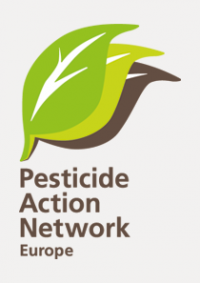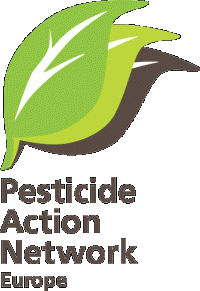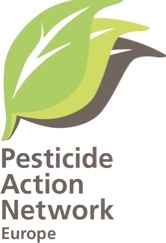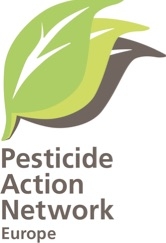Briefings
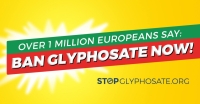
At the EU Commission, citizens tear down giant Glyphosate bottle as regulators discuss its re-approval
Brussels, 19th July 2017 – Today, as regulators met at the EU Commission headquarters to discuss the future of Glyphosate – the most used, and possibly most controversial, herbicide active substance in the world – citizens and civil society organizations from all over Europe gathered in the square outside the Berlaymont complex in a symbolic stunt.
Why the CAP is broken on pesticides?
Inspiration note for the development of EU’s Common Agricultural Policy: Why the CAP is broken on pesticides?
This reflection paper is in twelve points shortly questionning the CAP payments relating to pesticide issues. So far there is only a very limited mandatory instrument: pesticide free Ecological Focus Areas and Farm Advisory Systems which could help to encourage the needed transition towards low inputs farming. Time to open up this debate.
Are pesticides needed to feed the world?
Are pesticides needed to feed the world?
Technically, pesticides are not needed at all to produce food; organic production is a realistic alternative.
Farmers producing organic food or food with far less pesticides earn a comparable income compared to the majority of conventional farmers.
If the real costs for society would be calculated, industrial farming is not economical.
PAN Europe’s position on Commission's fourth draft proposal for EDC criteria
Commission’s legal act (fourth update) on the draft EDC (Endocrine Disrupting Chemicals) criteria proposal presented on 21th of December Standing Committee on Plans, Animals, Food and Feed (SCoPAFF), section phytopharmaceuticals.
Making Ecological Focus Areas pesticide-free is the only way forward
Brussels, December 2016
‘Ecological focus areas should be established, in particular, in order to safeguard and improve biodiversity on farms’ Recital 44 of Regulation (EU) 1307/2013
The European Commission is proposing to ban use of pesticides in productive areas ofthe so-called Ecological Focus Areas as part of the simplification and streamlining exercise ‘greening after one year’. PAN Europe and its members welcome this proposalas a logical step to put biodiversity at the heart of EFAs and urge all MS to support it.
PAN Europe’s position on Commission's drafts proposals for EDC criteria
Commission’s second legal act on the draft EDC (Endocrine Disrupting Chemicals) criteria proposal discussed on 18th of November Standing Committee on Plans, Animals, Food and Feed (SCoPAFF), section phytopharmaceuticals.
PAN Europe's response on COM's EDC criteria (feedback mechanism)
Feedback mechanism of Commission’s Health Directory (DG Sante) on the proposed Endocrine Disrupting Chemicals (EDC) criteria published in June 2015[1].
PAN Europe's response
[Limit: 4000 characters with spaces]
PAN Europe's comments on Commission's "negligible exposure" guidance document
Brussels
July 24th 2015
Comments on Commission’s DG SANTE “technical guidance on the interpretation of points 3.6.3 to 3.6.5, and 3.8.2 of Annex II of Regulation (EC) No 1107/2009, in particular regarding the assessment of negligible exposure to an active substance in a PPP under realistic conditions of use”.
Pesticide Action Network Europe (PAN Europe).
